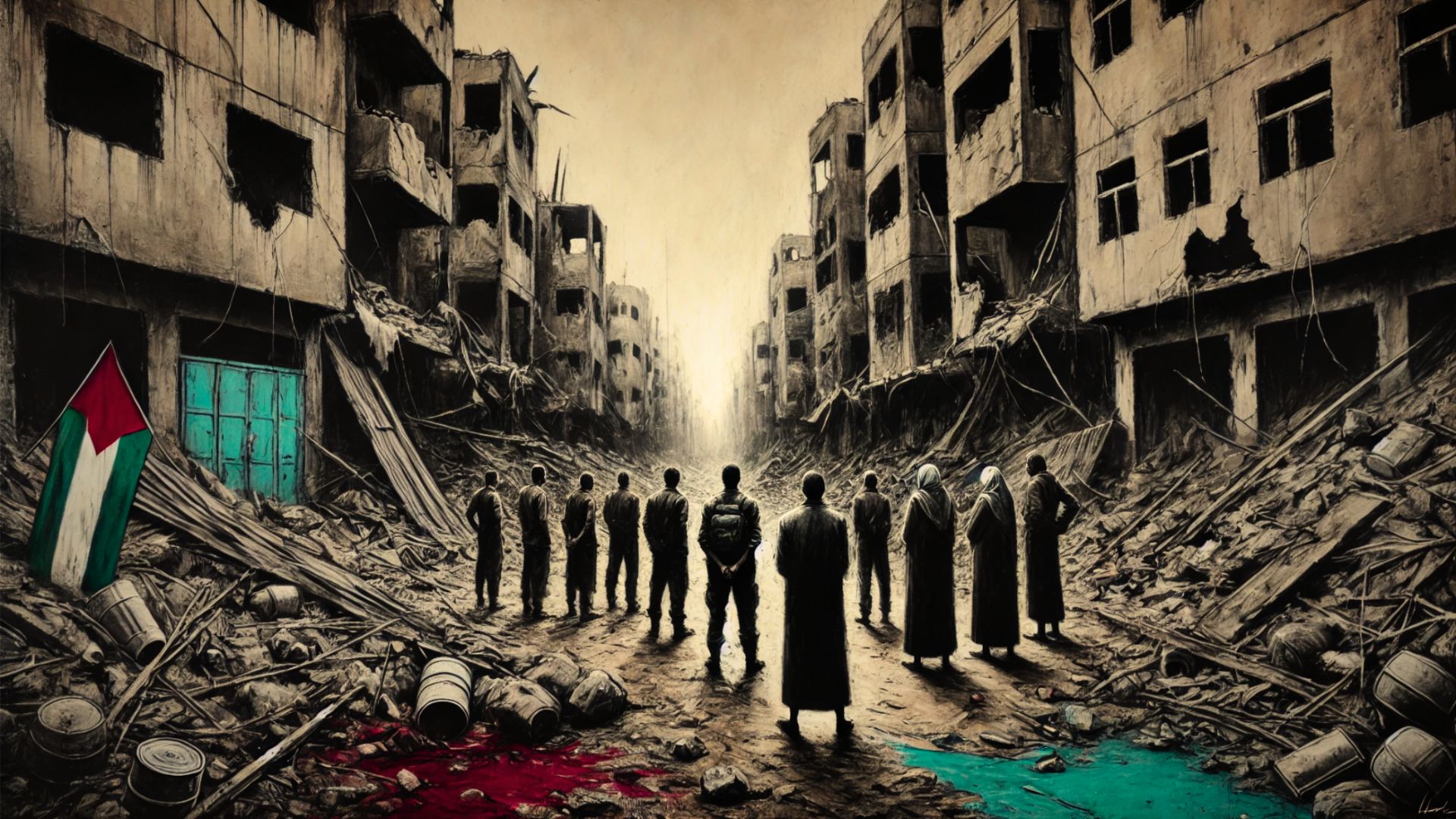In a recent episode of *Hard Knock Radio*, host Davey D engaged in a compelling discussion with long-time journalist Nora Barrows-Friedman of the Electronic Intifada, reflecting on a year marked by significant turmoil in Gaza and Israel. The conversation delved deep into the historical context of the ongoing conflict, challenging the notion that the recent escalation began on October 7, 2023. Barrows-Friedman emphasized that the roots of this violence stretch back to the late 19th century, asserting, “This didn’t start on October 7; it started way back… when the European Zionist Congress came together and decided that they wanted to colonize Palestine.”
Throughout the discussion, Barrows-Friedman shed light on the humanitarian crises in Gaza, illustrating the impact of the Israeli blockade. She described the living conditions as dire, stating, “For 17 years before last October 7, they were under an absolutely insane humanitarian blockade and siege.” Her passionate articulation of the challenges faced by Palestinians highlighted the complexity of the situation, moving beyond a simplistic good-versus-evil narrative.
A key point of the conversation centered around the implications of Israeli actions, particularly in the wake of the conflict. Barrows-Friedman remarked, “What happened on October 7 was a prison break,” likening the actions of the Palestinians to a desperate attempt to escape a situation where their rights and humanity were systematically undermined. This framing sparked a dialogue about resistance and the legitimacy of Palestinian actions in the face of occupation.
Moreover, the conversation addressed the troubling response of political leaders in the United States and the implications for activists and allies supporting Palestinian rights. Barrows-Friedman critiqued the powerful influence of lobbying groups like AIPAC, stating, “It is the ideology of Israel… that people are beholden to.” This sentiment underlined a broader concern regarding the suppression of dissenting voices and the consequences for those who advocate for Palestinian rights in various spheres, especially on college campuses.
Barrows-Friedman’s insights provided a sobering perspective on a complex issue, emphasizing that understanding the Palestinian struggle is crucial for addressing broader themes of colonialism, resistance, and human rights. Her call to action was clear: “There is no reason why we have to be cowed into despair, or you know, a surrender. Palestinians aren’t surrendering.”
This conversation serves as a reminder of the importance of nuanced discussions in understanding global conflicts and the vital role that grassroots movements play in shaping narratives around justice and equity.


Leave a Reply